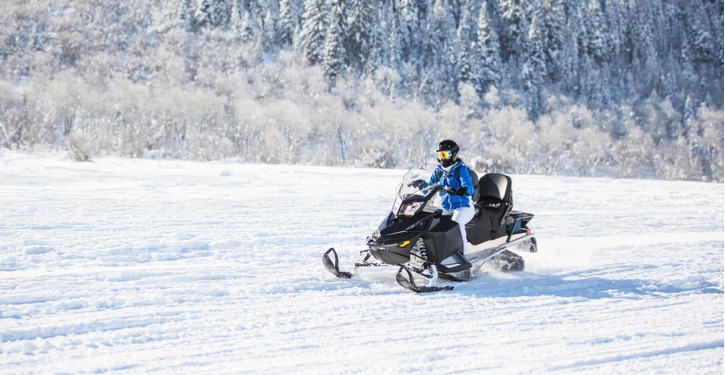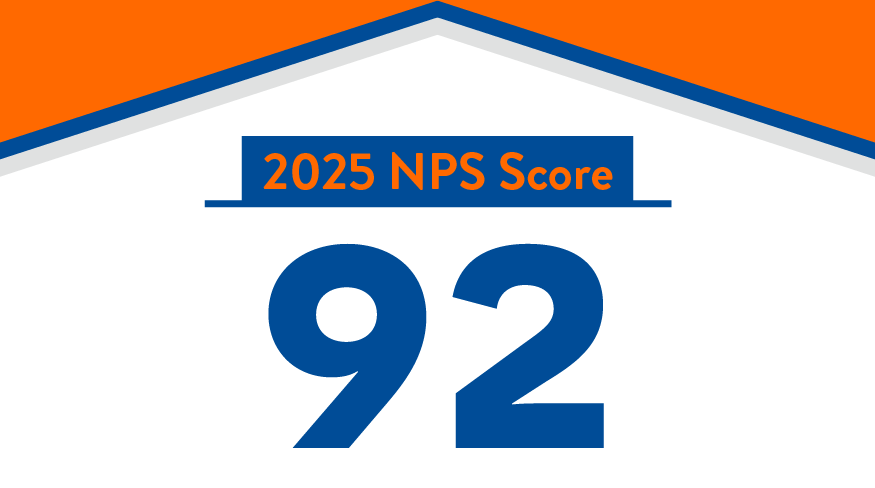There are many things you should insure or are legally required to insure. You probably carry insurance on your home and car. If you have an RV, boat, or motorcycle, you probably insure those too. However, there are some other things around your home that you might not be insuring that you probably should. Talk to Westwood. We’re here to help protect what’s important to you.
Snowmobiles
While insurance isn’t required in all states, several states do require you to carry liability insurance if you own or are driving a snowmobile. These regulations can also vary by locality and may change, so be sure to check in your area.
Also, consider the replacement cost of your snowmobile. The average snowmobile costs about $13,500, with models running around $8,000 in the least expensive tier and as high as $25,000 for more elaborate models. Comparatively, insurance can be incredibly affordable. Policies may only cost around $100-$350 annually. Where the price falls is often affected by factors like whether it’ll be stored for part of the year, how frequently you ride, and if your policy will cover both repair and replacement.
Golf carts
Regulations vary by state and even by city. Chances are that if you live in a community that allows you to drive a golf cart on the open road, you’re probably required to carry at least liability coverage. Like many policies, golf cart insurance offers liability protection if you unintentionally damage someone else’s property, can cover the medical bills of a passenger or someone else who’s driving, and help repair or replace your golf cart if it’s damaged or stolen.
Off-road vehicles
Four-wheelers, ATVs, and UTVs that are built for all terrains, sit high off the ground, and have suspensions to match probably would benefit from some insurance. Some states only require liability coverage if you use the vehicle on public land. Still, other states legally require coverage no matter who owns the property where the vehicle is driven. Check your local regulations, but especially if you load up a trailer and travel, consider protecting yourself and your vehicle no matter where your adventures take you and your vehicle.
Go-karts
Go-karts are built for speed. Because they sit so low to the ground and have little suspension, even slightly uneven terrain can lead to damage, which makes insurance a good idea. While go-karts can be tricky to insure, especially if you enjoy making your own modifications, it’s often worth it to take the time to find the right policy that offers coverage for you and your vehicle.
Bicycles
Having insurance for your bicycle can provide you with coverage that’s not offered by other policies. If you’ve invested in a high-end bike for multi-mile rides or rely on your bicycle as a primary mode of transportation, it might be worth considering the extra protection.
Bicycle insurance provides protection if your valuable bike is stolen and its worth exceeds the limits a standard policy would pay for that single item. If you ride frequently, you may also benefit from the added liability insurance in the event you are involved in an accident or unintentionally cause damage to someone else’s property.
Dirt bikes
In most states, you’re not required to carry insurance on your dirt bike. However, a dirt bike is exposed to many insurable risks. You might want to consider insuring your investment against damage or loss. For additional peace of mind, additional liability insurance might be a good idea. Also, talk to your independent insurance agent about policies that may benefit your circumstances if you frequently travel with your dirt bike to different locations around the country.
Helping protect what’s important to youIf it’s important to you, talk to Westwood about getting it insured. Your independent agent can help you find a policy that gives you the coverage you actually need to provide the protection you want so you can rest easy and enjoy the ride.
Please Note: This article is for general informational and educational purposes only. It does not represent any specific insurance policy and does not modify any provisions, limitations, or exclusions of any current policy.





